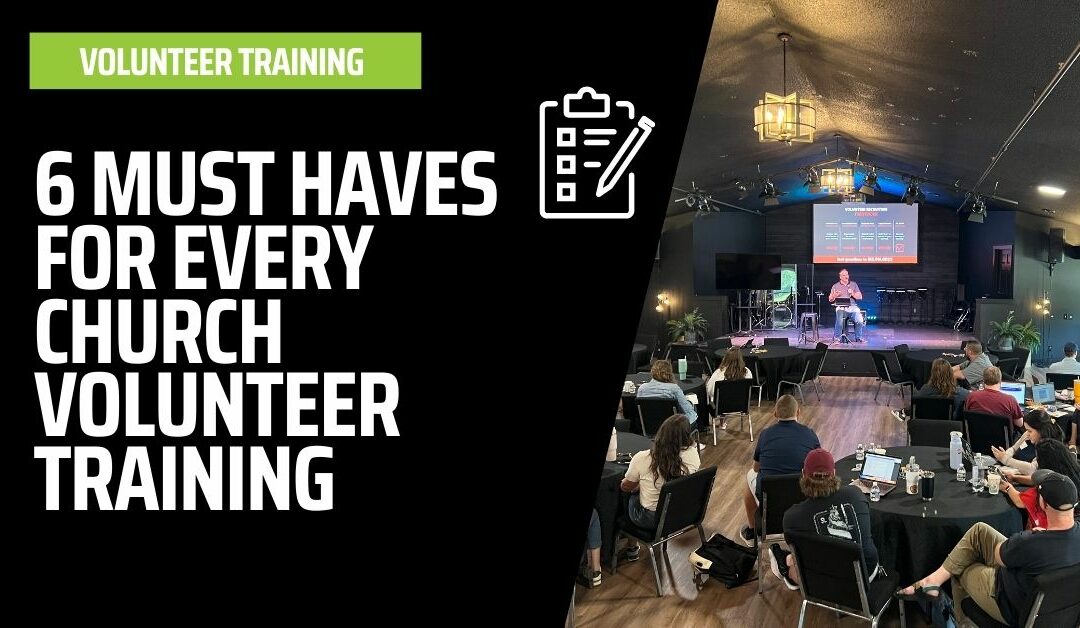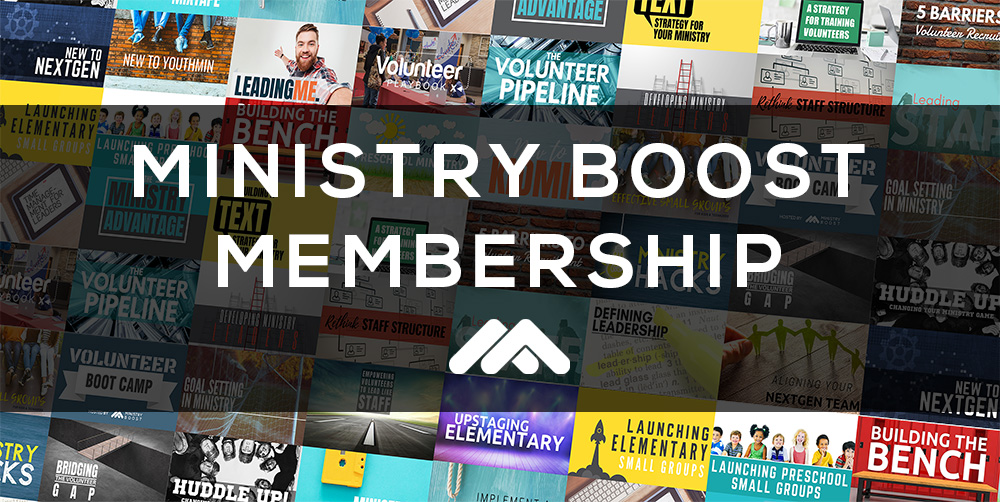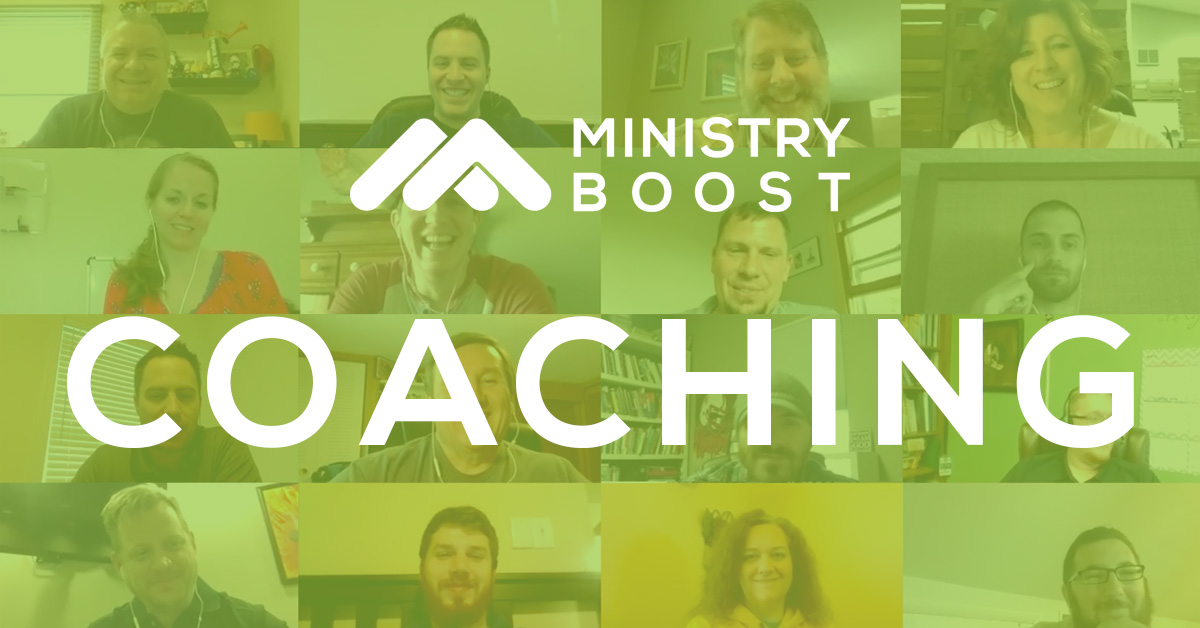Training church volunteers effectively is essential, no matter whether it's a short huddle, a monthly meeting, or a grand annual event. Our approach ensures that every session is engaging and rewarding for participants. Taking advantage of every opportunity is crucial and shows our genuine appreciation for their contributions.
Expressing gratitude, incorporating fun, casting vision, soliciting feedback, fostering connections, and ensuring continuous improvement are our six must-haves. These elements help us create impactful training sessions that fulfill our mission and inspire our volunteers.
Key Takeaways
- Express gratitude meaningfully.
- Make training engaging and fun.
- Foster connections and gather feedback.
Expressing Gratitude
The Importance of Saying Thank You
Saying thanks is vital. It’s not about us or them, but about honoring God. When we acknowledge volunteers, it shows we value their contribution to God’s mission. This keeps their spirits high and reinforces the importance of their work.
Ways to Show Appreciation
There are several ways to show appreciation to our volunteers. Here are a few ideas:
- Personal notes: A handwritten note can go a long way.
- Public recognition: Acknowledging their efforts during meetings or services.
- Small gifts: Tokens of appreciation such as a coffee mug or a gift card.
- Celebrations: Hosting events or meals to celebrate the volunteers' efforts.
These gestures help our volunteers feel valued and motivated to continue their good work.
Incorporating Fun
Avoiding Boredom
No one wants to sit through a dull training session. We need to find ways to keep things interesting and engaging. Some ideas to spice things up include:
- Interactive Activities: Use games or interactive elements to liven up the sessions.
- Humor: Share some light-hearted jokes or funny stories.
- Varied Formats: Mix things up with videos, discussions, and hands-on activities.
Encouraging Laughter and Enjoyment
Laughter is a great tool for creating a positive atmosphere. It's important to remember:
- Shared Experiences: Use storytelling to create relatable and funny moments.
- Positive Reinforcement: Encourage a culture where volunteers can laugh and feel good about their contributions.
- Team-Building Exercises: Plan activities that are not only fun but also help build camaraderie among the team members.
Having fun in our training sessions can significantly enhance the overall experience for our volunteers.
Casting Vision
Inspiring and Motivating Volunteers
To truly make an impact, we must find ways to inspire and motivate our volunteers. By connecting their efforts to a larger mission, we show how their contributions play a vital role in achieving our goals. We should always thank our volunteers, highlighting how their service honors God and contributes to the community. Injecting fun and laughter into training sessions can also keep the energy positive and engaging.
Connecting Daily Tasks to the Big Picture
Even when tasks seem mundane, we should illustrate their importance to our broader mission. For instance, smooth transitions in student ministry can maintain engagement and keep kids focused. Providing clear reasons for why each small detail matters helps volunteers see the value in their roles. This approach ensures that everyone understands how their work contributes to our collective success.
Soliciting Feedback
Listening to Volunteer Experiences
We should always prioritize listening to the experiences of our volunteers. Feedback sessions can be integrated into training to capture valuable insights directly from those on the front lines. A quick survey at the end of a training session or an open discussion can reveal practical insights.
| Feedback Method | Description |
|---|---|
| Surveys | Brief questionnaires to gather specific insights. |
| Open Discussions | Allow volunteers to share their thoughts openly. |
| Suggestion Box | Anonymous method for continuous feedback. |
Listening helps us fine-tune our approach and make necessary adjustments.
Understanding Frontline Challenges
We might feel like we understand the roles our volunteers play, but experiences can differ significantly. It's crucial to hear firsthand about the challenges they face on the ground. This could be through interviews or regular check-ins.
- Conduct Interviews: Schedule one-on-one sessions to dive deeper into specific issues.
- Regular Check-ins: Hold frequent, informal meetings to stay updated on ongoing challenges.
- Anonymous Reports: Encourage volunteers to submit reports anonymously if they’re uncomfortable speaking up directly.
By actively seeking out these perspectives, we ensure that our strategies remain relevant and effective. Engaging with our volunteers helps us understand their reality better and supports them more appropriately.
Fostering Connections
Strengthening Team Bonds
Our team bond strengthens through shared experiences. Even small gatherings like a five-minute huddle can foster connections. Adding a touch of humor or sharing a meal during longer sessions can also help solidify these bonds.
Creating a Supportive Environment
Creating a supportive environment is crucial. Simple gestures like saying thank you and recognizing contributions can go a long way. Listening to feedback and addressing concerns makes everyone feel valued, leading to a more engaged and committed team.
Continuous Improvement
Encouraging Growth
We want to ensure that our volunteers feel valued and motivated to continue their journey with us. One way to do this is by encouraging personal growth. Think about how we can support each other in learning new skills or improving existing ones. It's not just about the tasks at hand; it's about inspiring each other to become better versions of ourselves.
- Mentorship Programs: Pairing new volunteers with experienced ones.
- Workshops and Training Sessions: Offering opportunities for skill development.
- Open Feedback Channels: Encouraging volunteers to share their experiences and suggestions.
Fostering a culture where growth is a collective goal helps us all improve.
The One Percent Improvement Goal
Rather than aiming for drastic changes, let's focus on small, incremental improvements. The idea is simple: help each other get just one percent better every time we meet.
- Set Small, Achievable Goals: Identify minor changes that can make a big difference.
- Regular Check-Ins: Use brief meetings to discuss progress and obstacles.
- Celebrate Small Wins: Recognize even the smallest improvements to boost morale.
By concentrating on these one percent improvements, we create a realistic path for continuous progress.
Year-Long Strategy Insights
Developing a Comprehensive Training Program
When we organize volunteer training, it's important to have a robust plan spanning the entire year. This ensures ongoing development and engagement. Let's break down our program into weekly, monthly, and annual training:
- Weekly Training:
- Quick 5-minute sessions
- Focus on immediate needs and updates
- Always include a moment of gratitude and a fun element
- Monthly Training:
- More in-depth sessions
- Combine skill development with vision casting
- Allocate time for feedback and connection
- Annual Training:
- Major events with meals and extended interaction
- Cover significant skill and vision growth
- Emphasize community building and celebration
By diversifying our training formats, we keep our volunteers engaged and continuously improving.
Implementing the Six Must-Haves Strategically
To maximize the effectiveness of our volunteer training, we need to ensure that each session includes these six essential components:
- Say Thank You:
- Always express gratitude for their dedication to God's Mission
- Make it specific and heartfelt
- Have Fun and Laugh:
- Incorporate humor and light moments
- Ensure the training is enjoyable and lively
- Cast Vision:
- Tie training topics to the broader mission
- Explain the “why” behind each task
- Get Feedback:
- Actively listen to volunteer experiences
- Adjust training content based on their input
- Help Them Connect:
- Facilitate connections among volunteers
- Create opportunities for shared experiences
- Help Them Get One Percent Better:
- Focus on incremental improvements
- Ensure each session contributes to their growth




